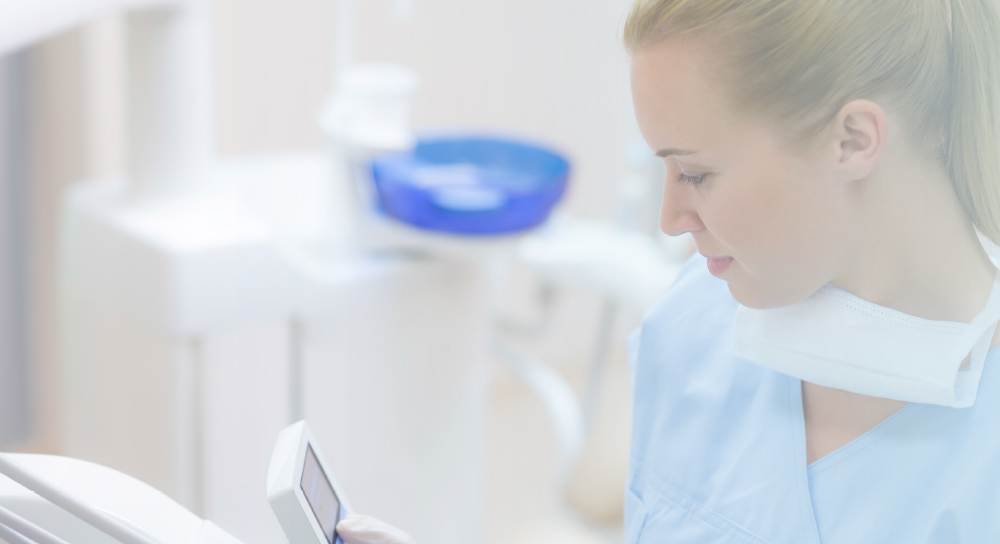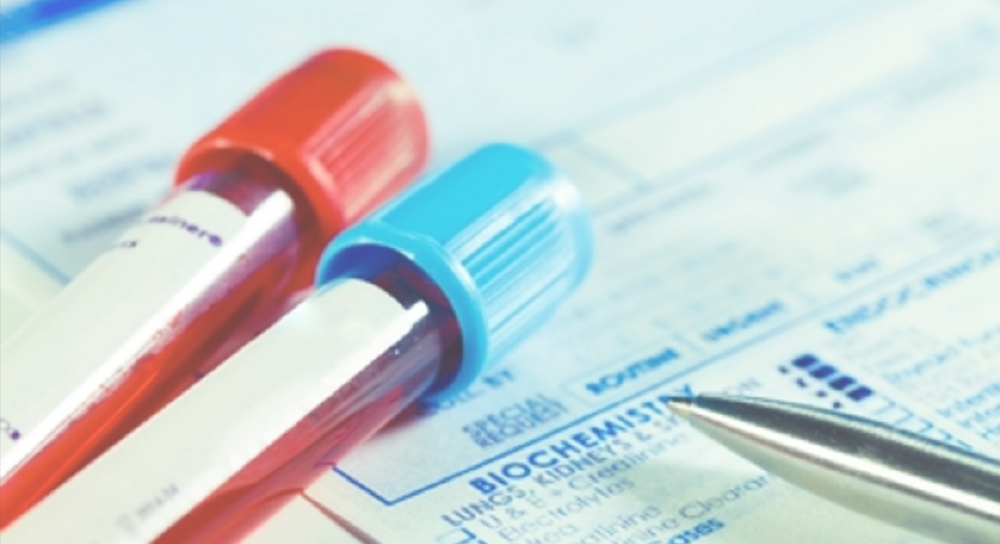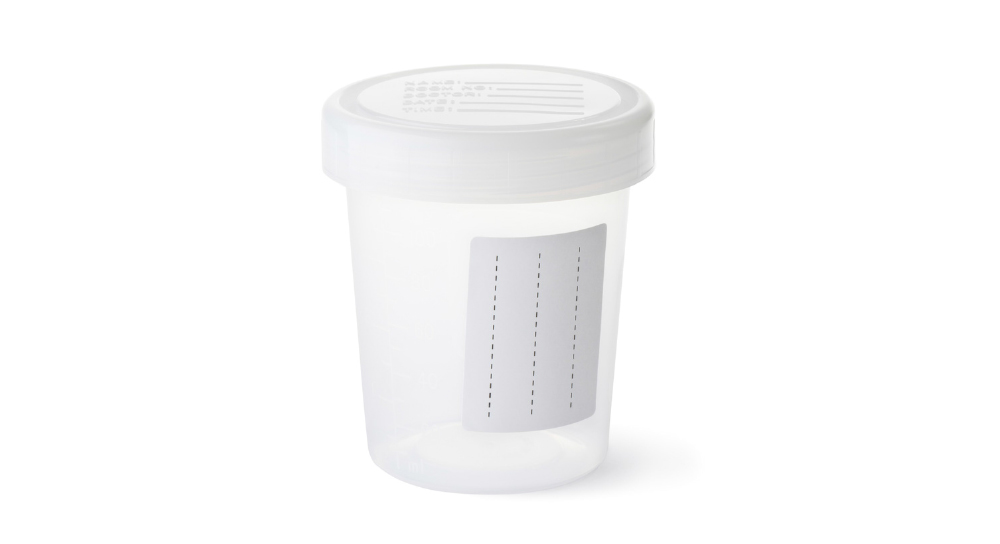Why Participate in Clinical Trials?
Participants take part in clinical trials for different reasons. To us, they are considered as heroes. Some with an illness or disease also participate to help others, but also to receive newest treatment. Clinical trials offer hope for many participants and an opportunity to facilitate researchers and the medical community to find better treatments for others in the future. Some of the benefits are:

no cost
for Medical/Health Exams

no cost
for Blood Tests

no cost
for Study-Related Medications

Compensation for Study-Related Time and Travel

Insurance and Medicare ARE NOT necessary
Informed Consent Process
The informed consent form(ICF) is informing the participants about his and her rights, the purpose of the study, the procedures to be undergone, and the potential risks and benefits of participation. Informed Consent is a voluntary agreement to participate in research. It is not simply a signed form, but is a process, in which the participant has an understanding of the research and its risks.
Prior to any research procedures, such as, diagnostic, therapeutic or interventional a signed informed consent is essential and must be obtained. The purpose of the process is ultimately assuring that the participant understands what they are signing up for.

Study Procedures

Medical History
Our physician and/or staffs will collect your medical history by asking specific question with the aim of obtaining as much as family and historical medical information that is useful in formulating a diagnosis and providing medical care to you as a research participant. Some of these include allergies, current medication, past surgical history, family history and other past complications. By providing pertinent past medical history would help us determine whether the upcoming studies might be beneficial to you.
Physical Exam
A basic physical examination will be conducted by a physician to assess your physical well-being as well as to determine your eligibility for the study. The physician may include more specific exams depending on the protocols and it may be performed more than once for the duration of the trial.


Vitals
Your basic medical information such as pulse, blood pressure, height, weight, and body temperature will be collected during most visits.
ECG
An electrocardiogram (ECG) test is a noninvasive and painless test, recording electrical signals as they travel through your heart. Your doctor can use an electrocardiogram to look for patterns among these heartbeats and rhythms to detect possible heart conditions.


Blood Test
Our trained phlebotomists will obtain small amount of blood to analyze thyroid function, blood sugar, basic chemistry and blood cell count to determine whether you are qualified to participate in the study.
Urine Specimen
This test is used to detect pregnancy, drug screen and etc.


General Health Assessment
You will be asked routinely, about the possible drug adverse reactions, changes in medication, life style or diet and exercise.

